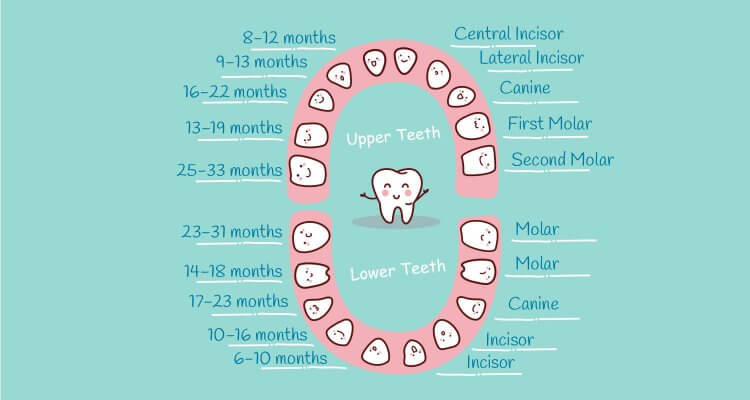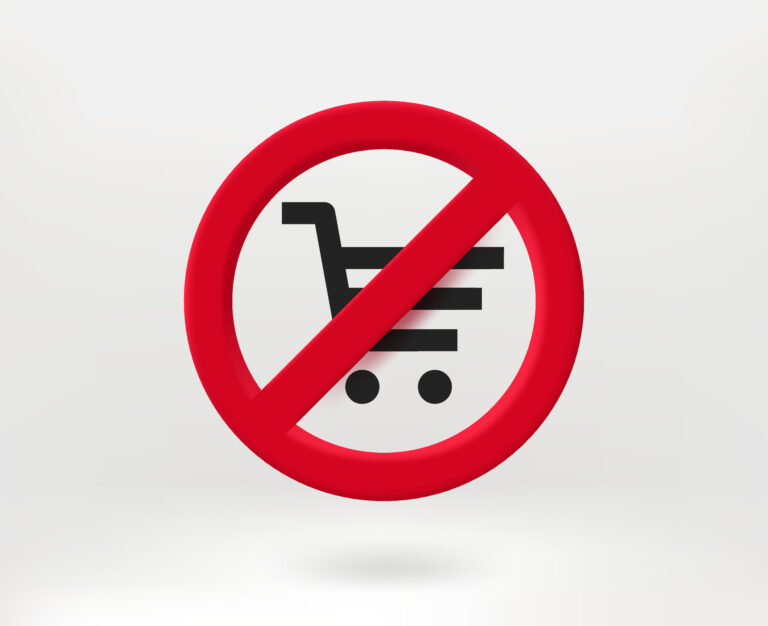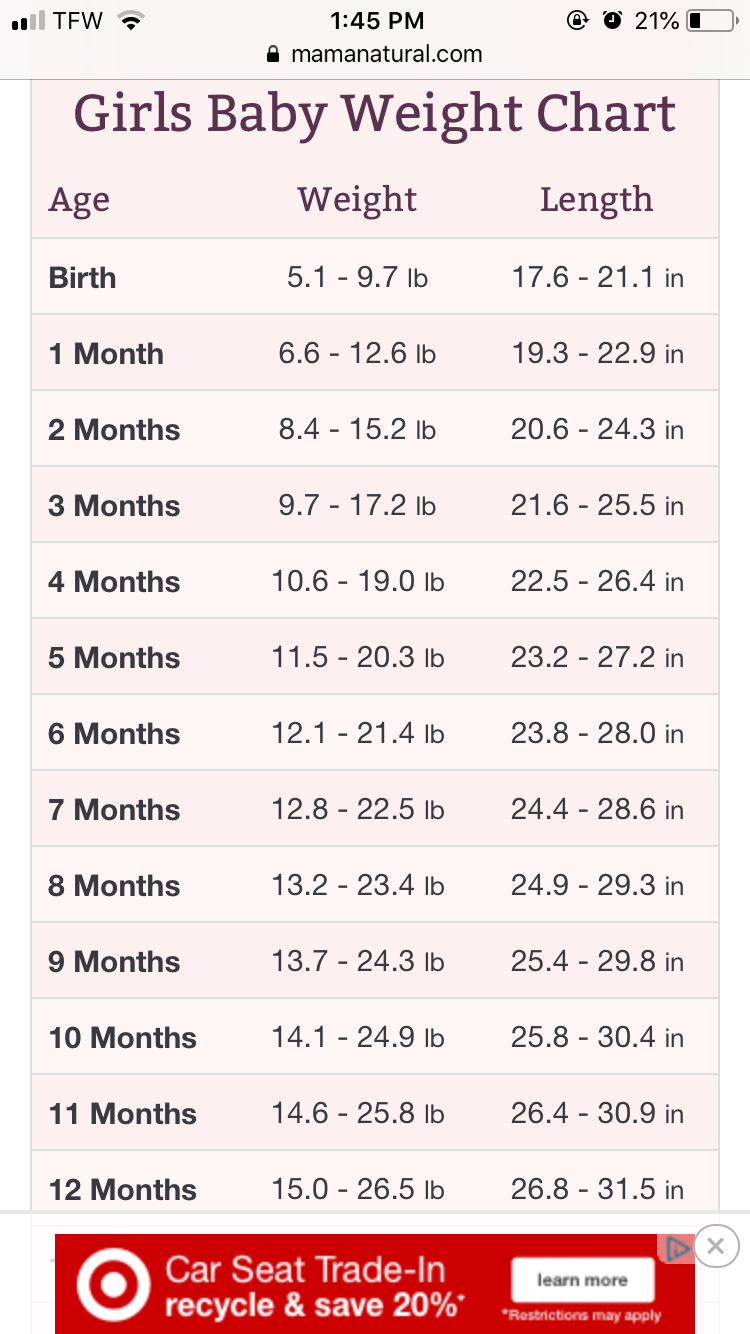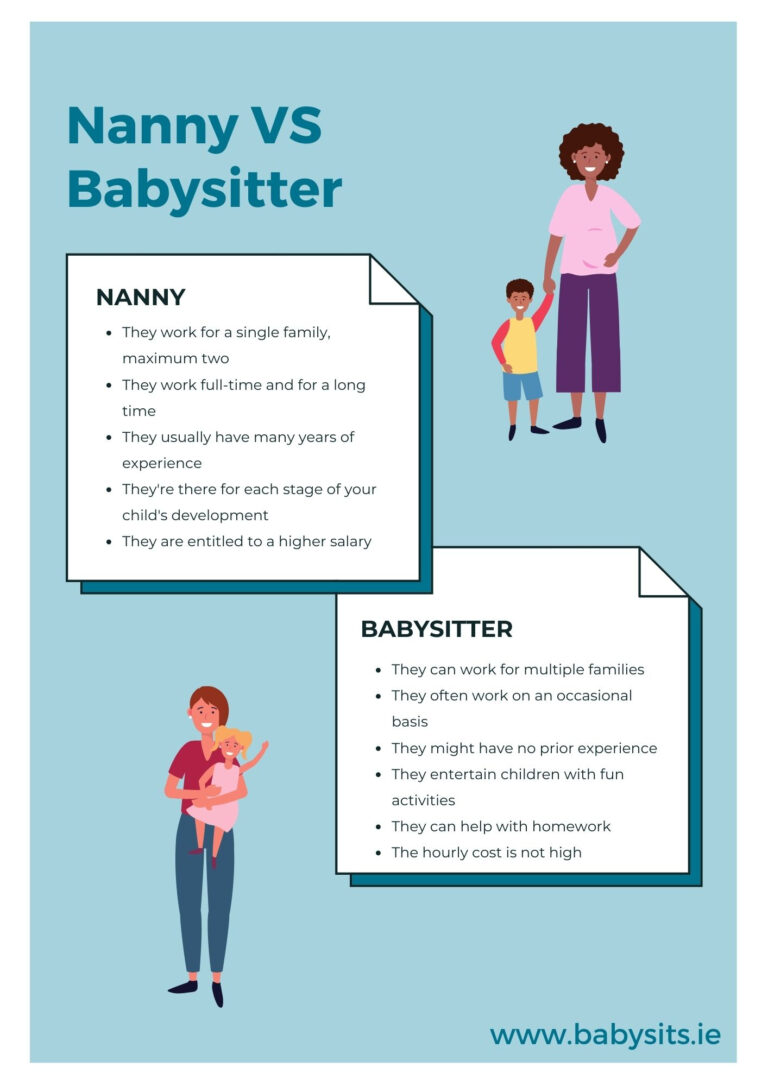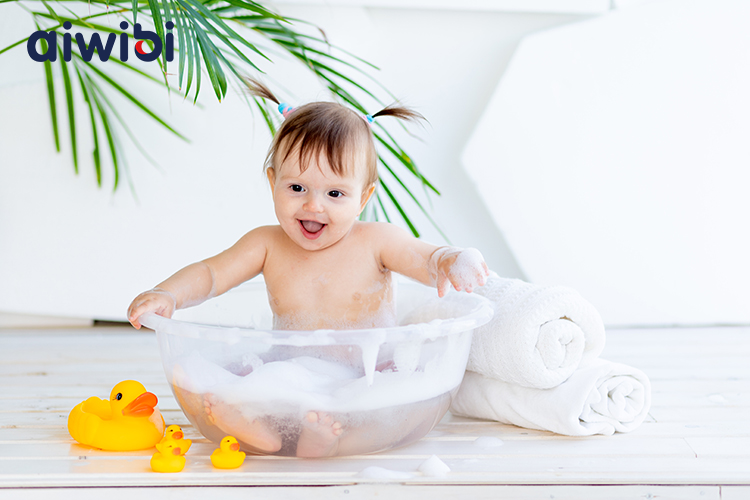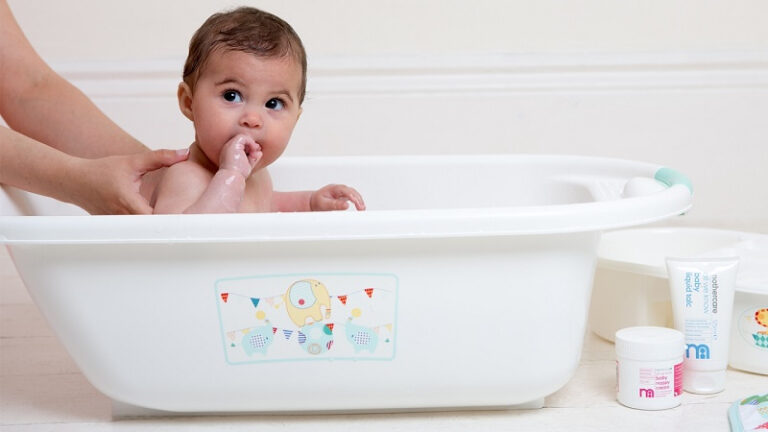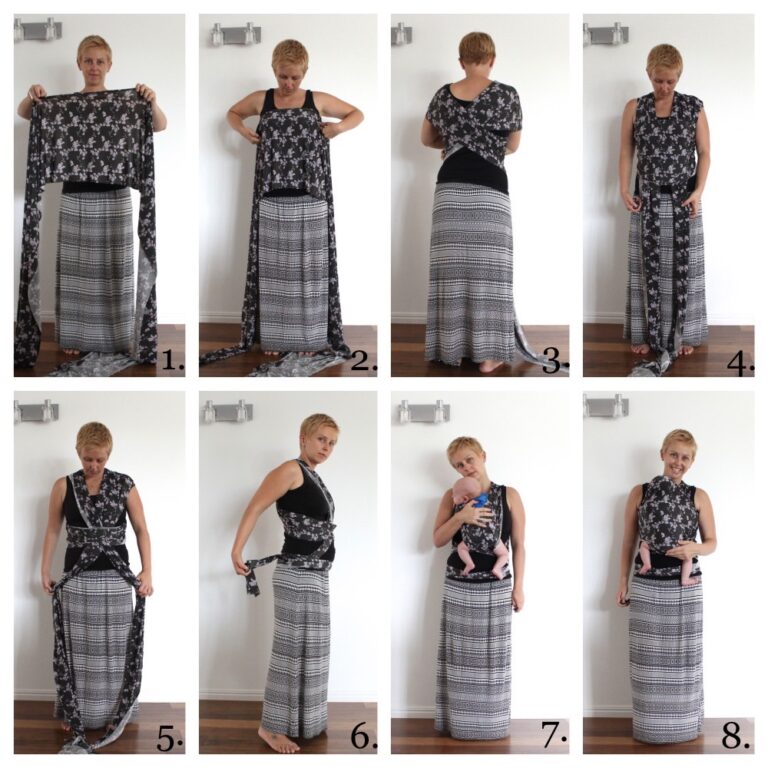How Many Baby Teeth Do You Have
Are you a parent curious about the number of baby teeth your little one will have? Understanding the development of baby teeth is essential for proper oral care and monitoring your child’s dental health. In this article, we will delve into the world of baby teeth and explore how many your child will have.
Knowledge
When it comes to baby teeth, also known as deciduous teeth, children typically have a total of 20 teeth. These teeth start to emerge around six months of age and continue to appear until the age of three. By the time your child is around three years old, they should have a full set of baby teeth.
The 20 baby teeth are divided into two sets: the upper teeth (maxillary teeth) and the lower teeth (mandibular teeth). Each set consists of four incisors, two canines, and four molars. The incisors are the front teeth used for biting and cutting food, while the canines are the pointed teeth used for tearing. The molars are the flat teeth at the back of the mouth used for grinding food.
The eruption of baby teeth follows a specific sequence. The bottom two front teeth (central incisors) are usually the first to appear, followed by the top two front teeth. Next, the lateral incisors, canines, and molars emerge in a particular order until all 20 baby teeth are present.
As your child grows, their baby teeth will eventually start to fall out to make way for the permanent teeth. This process typically begins around the age of six and continues until the early teenage years. The permanent teeth will gradually replace the baby teeth, starting with the lower front teeth and progressing to the back teeth.
Conclusion
In conclusion, understanding how many baby teeth your child has is crucial for monitoring their dental development and ensuring proper oral hygiene. By knowing the number and types of baby teeth, you can better prepare for their eruption and shedding process. This knowledge will help you guide your child through the transition from baby teeth to permanent teeth.
Overall, this article is beneficial for parents, caregivers, and anyone interested in children’s dental health. By being aware of the number of baby teeth and their development, you can take proactive steps to maintain your child’s oral care and seek professional advice when necessary.
As baby teeth play a vital role in a child’s overall dental health, understanding their growth and transition is essential. By staying informed and proactive, you can ensure that your child’s smile remains healthy and bright throughout their early years and beyond.
